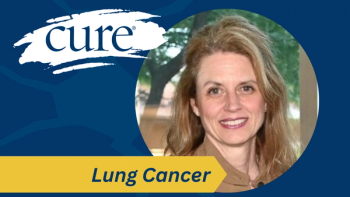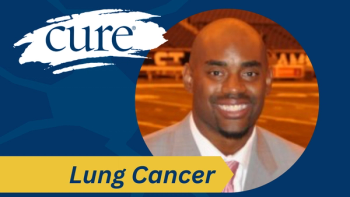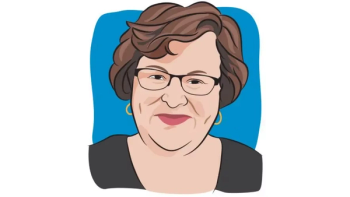
Every Day Financial Toxicity: Even With Good Insurance, the Smaller Costs of Cancer Care Add Up
When people say. “It’s just $35 to see a specialist,” they miss the entire issue of cancer-related financial toxicity.
Let me start by acknowledging that I am enormously lucky: I have an excellent oncologist and larger healthcare team on my side; I have
I know all these things are true.
I also know that when someone mentions the financial toxicity of cancer, we all too often go to the terrible stories of people hundreds of thousands of dollars in medical debt and fighting to hold onto their homes, or cars, or their ability to continue to rack up more debt as they try to stay alive.
It’s horrendous and immoral and infuriating.
But so-called financial toxicity isn’t always a massive kick to our collective sense of what’s right.
Sometimes it’s what I experience nearly every day.
This was brought home to me during a recent conversation when the other person mentioned that regular mental health therapy should be considered standard of care for people living with metastatic breast cancer.
Of course, I think it should be standard of care; if you search “mental health” on the American Society of Clinical Oncology’s website, you find a lot of information. This indicates that it is an important part of cancer care, but it’s one you must choose to pay for if you need ongoing, long-term mental health therapy.
It’s standard of care*, where the asterisk means “if you can afford it.”
That’s how it is for much of the care I receive, and I believe I am not alone with this. I am “lucky” that each visit with a specialist of any type is just $35. But when you have multiple visits some weeks, and prescription costs, as well as other family members, each $35 counts.
It’s why I am writing this just before my first appointment with a neurologist to see if she has any ideas about how to slow my
Luckily, I have never had to choose food over medical care or mortgage over medical care and that’s another reason why I know I’m lucky. I have flexibility in how I choose to spend my money and while appointments and pharmaceuticals could absorb every available penny, I also want to be able to do things that bring me joy, such as visiting family, friends, and places I miss.
Quality of life is a hot-button phrase in a lot of cancer research. Maybe I’d have better measure “quality of life” by medical standards if I allocated more of those $35 transactions to my own care but doing that would mean my big-picture quality of life would suffer since I would have more guilt and less financial ease about doing the things I love.
I don’t have a solution, except to say that I wish more people, like those who make decisions the rest of us live with, understood that healthcare for cancer is long and costly. Those “just $35” add up every year, year after year, and put yet another burden on people who have no alternative.
For more news on cancer updates, research and education, don’t forget to




